Google will split its AR division in half to battle Microsoft and Oculus
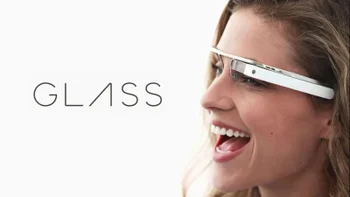
The word on the street is that Google is changing its approach to AR and splitting efforts between two teams: Devices & Services and Platforms & Ecosystems. Devices & Services, led by Rick Osterloh, will be responsible for consumer hardware like the Pixel and Nest brands, as well as the AR glasses project. Meanwhile, Platforms & Ecosystems, led by Hiroshi Lockheimer, will handle partnerships, like the recent deal with Samsung to develop Android-powered AR headsets.
This move has some solid logic behind it. People can't seem to agree on what to call the blending of virtual and real worlds; some call it "mixed reality," while others prefer "expanded reality." Google is still investigating this field, but they are up against stiff competition from Oculus Quests and Microsoft. We all saw what happened with Mark Zuckerberg and the Metaverse experiment, so Google should be extremely careful how to approach this.
With Google's recent reorganization of their AR projects and the departure of VP Clay Bavor, it looks like the company is eager to see some profit from all the investments in AR. Google's not just sticking to headsets; the company plans to accelerate the incorporation of AR into its services. We saw the concept of the company's AR glasses last year, and it is plainly amazing.
Google is already incorporating AR technology into many of its services; Google Maps and Translate are the best examples. The company also has some background in developing hardware specifically designed for AR, and even though Google Glass failed miserably as a consumer product, the 2.0 version is still used in various industries.
Whether Google can overcome the competition and its own history with Google Glass is still up in the air.
Google is already incorporating AR technology into many of its services; Google Maps and Translate are the best examples. The company also has some background in developing hardware specifically designed for AR, and even though Google Glass failed miserably as a consumer product, the 2.0 version is still used in various industries.
Also Read:

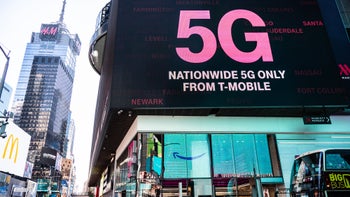
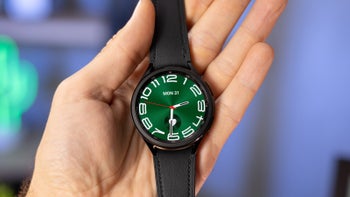
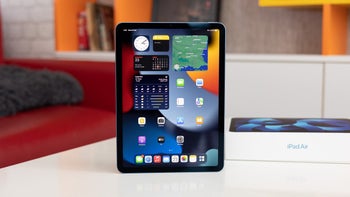

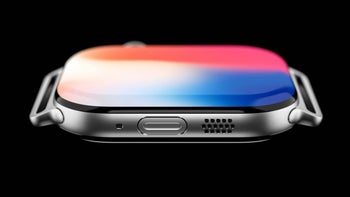
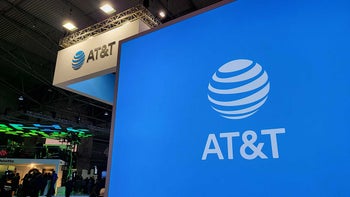
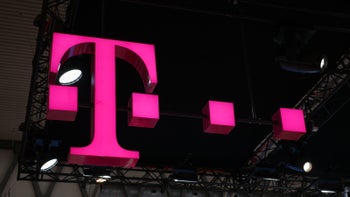
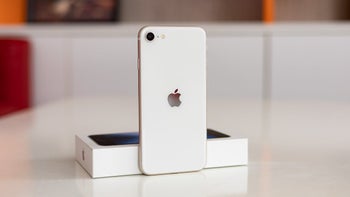
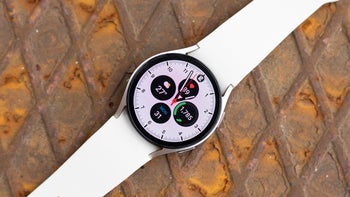
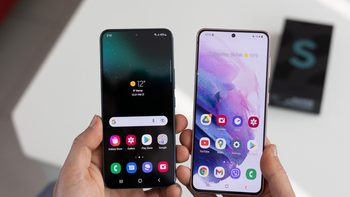
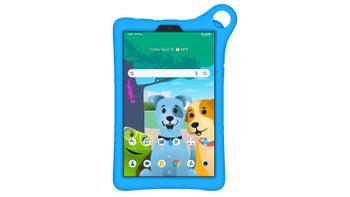

Things that are NOT allowed: